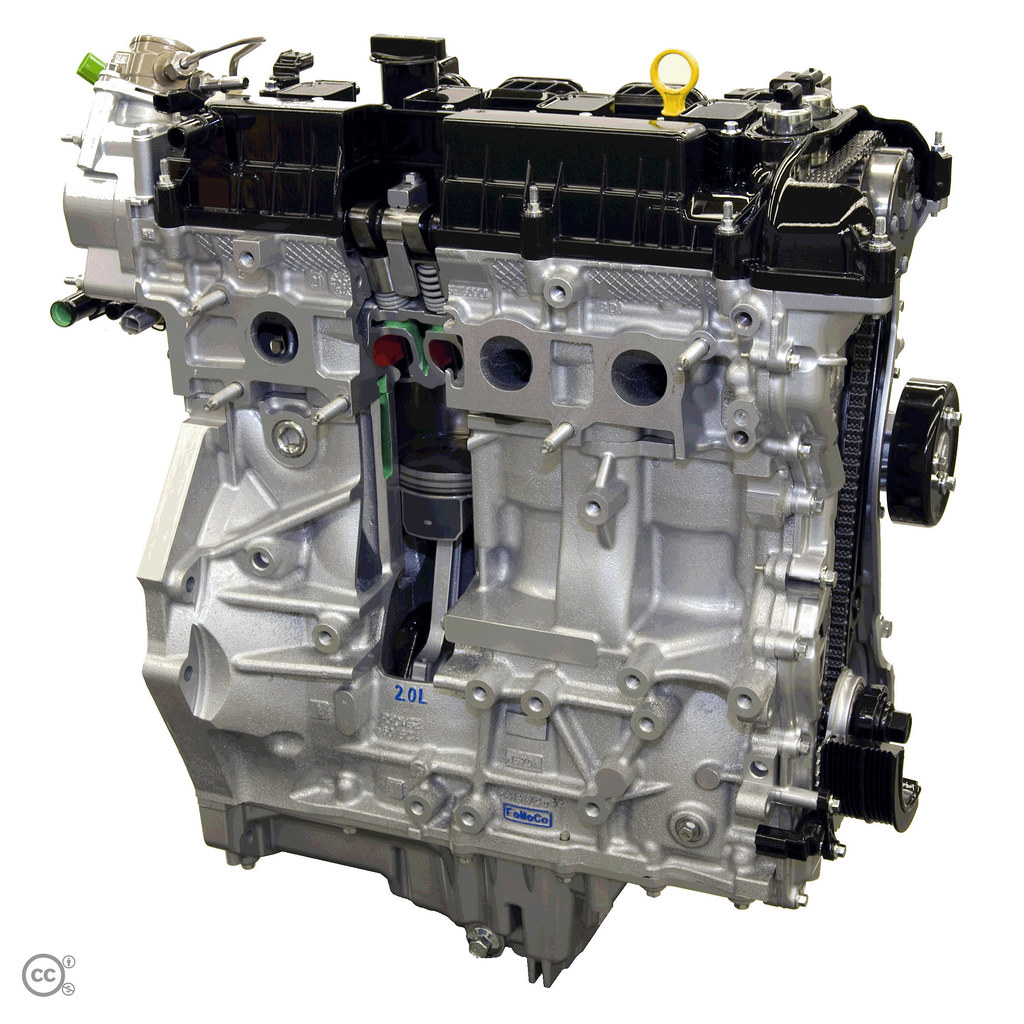 The global trend towards cleaner cars has been getting stronger year after year, with many countries imposing stricter emission standards in a bid to curb greenhouse gas emissions and reduce the impact of vehicles on global warming. This trend has led to commercialization of alternative fuel vehicles – primarily plug-in hybrids and all-electric cars, which are considered to be the best alternative to gasoline-powered cars. Even though most auto industry observers have been saying that it will take at least another ten years or so before alternative fuel vehicles can become mainstream, a new report says that by 2017, more than half of all vehicles on U.S. roads will run on an engine other than the conventional internal combustion engine.
The global trend towards cleaner cars has been getting stronger year after year, with many countries imposing stricter emission standards in a bid to curb greenhouse gas emissions and reduce the impact of vehicles on global warming. This trend has led to commercialization of alternative fuel vehicles – primarily plug-in hybrids and all-electric cars, which are considered to be the best alternative to gasoline-powered cars. Even though most auto industry observers have been saying that it will take at least another ten years or so before alternative fuel vehicles can become mainstream, a new report says that by 2017, more than half of all vehicles on U.S. roads will run on an engine other than the conventional internal combustion engine.
Navigant Research, the prominent market research firm, has released its latest report that focuses on the trend toward more efficient vehicles, named Automotive Fuel Efficiency Technologies, according to which, traditional vehicles that run on gasoline engines could be replaced by clean-energy vehicles much sooner than previously expected. The report says that less than 50% of the cars in the U.S. will employ internal combustion engines by 2017, suggesting that more advanced engine technologies will take over, that will increase fuel efficiency.
However, this prediction – that is based upon an analysis of the market for fuel efficiency technologies – doesn’t mean that electric cars and hybrids will flood the automotive market in two years all of a sudden, but it does imply that simple gas engines will start to become obsolete. “Although the use of alternative fuels and electric power is expected to continue growing, gasoline is anticipated to remain the leading fuel, with a strong trend toward stop-start vehicles,” the report says.
According to Navigant, the majority of cars in 2017 will either employ a turbocharged or a supercharged engine, an electric motor, or a combination of an electric motor and a gasoline engine. “There is no single technology that will dominate fuel efficiency improvements over the forecast period through 2025,” says David Alexander, senior research analyst with Navigant Research. “The focus, instead, will be on incremental improvements in engines and transmissions, along with weight reduction in as many places as possible.”
Navigant says that the most significant technology that has helped improve fuel efficiency in recent years has been stop-start technology, which reduces fuel consumption and cuts CO2 emissions by shutting a car’s engine down when the vehicle is not moving, and restarting it when the driver applies pressure to the gas pedal. In the report, Navigant predicts that of all new vehicles that will be sold in 2025, 58% will have stop-start technology.
Finally, Navigant estimates that gasoline will continue to be the dominant fuel powering light duty vehicles for the foreseeable future, even though sales of hybrids, fuel-cell and electric cars will continue to grow at a faster rate, according to Navigant.